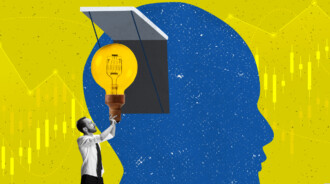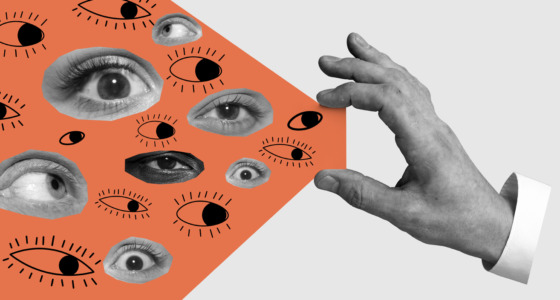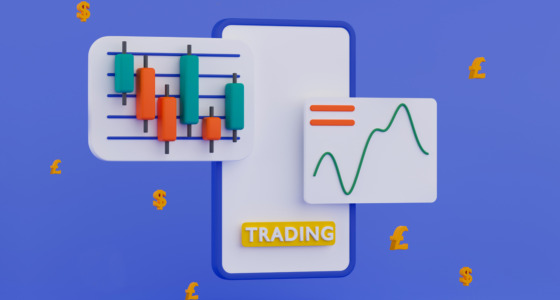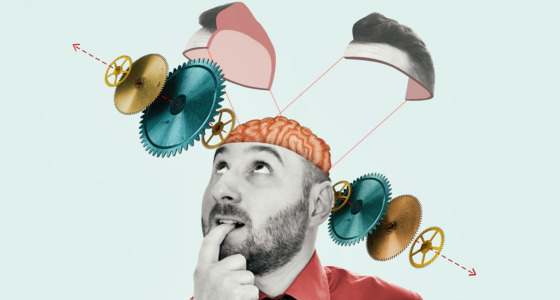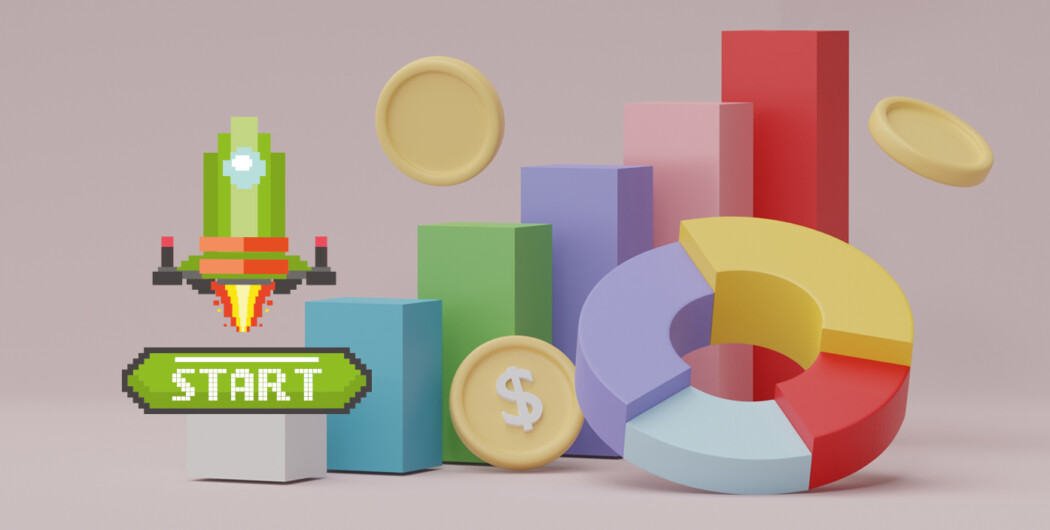

Have you ever had that inner voice telling you that you’re capable of achieving something? Well, Sir Edmund Hillary was on the brink of ascending the summit of Mount Everest in 1953, and someone asked if he was ready to do it. To this, he famously replied, “It is not the mountain we conquer, but ourselves.”
Of course, it’s important to note that inner knowing doesn’t always guarantee success. But there are certain signs that suggest that you have the potential to excel in the world of trading. Here are five of them:
You have a clear idea of your trading style
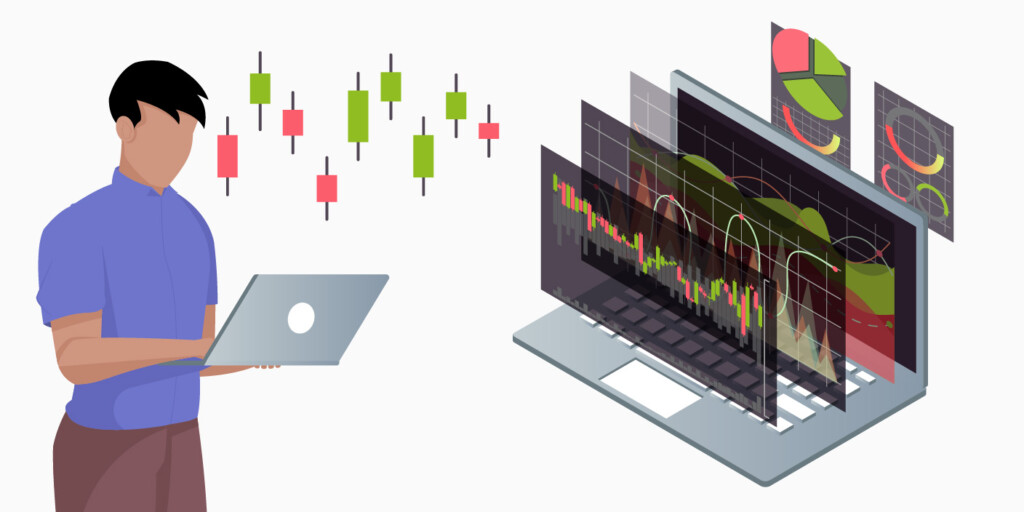
The first trading sign is knowing what kind of trader you are. When you have a clear trading style, you’re better equipped to analyze the markets and identify opportunities that align with your strategy. This is because your trading style acts as a roadmap. It’s coordinated with your strengths and weaknesses and matched with your goals.
By figuring out your style before you start trading, you also set yourself up for better consistency. You don’t go for approaches and strategies that aren’t right for you, so you become less likely to deviate from your plan and make unreasonable trading decisions.
You understand technical analysis
Technical analysis is an incredibly valuable tool that helps you see beneath the surface of the market and understand what’s really happening.
- One of the key components is charting on different time frames. This essentially means zooming in and out of a picture to see all the details to spot trends and patterns that you might miss on shorter time frames.
- Candlesticks and candlestick patterns will help you understand potential trend reversals and find entry and exit points for trades.
- Moving averages is one of the basic technical indicators you should master before your first trade. By calculating the average price over a set period, MAs will help you determine when to enter or exit.
- Next up, momentum indicators are like a pulse check for the market. They help you identify when a trend is gaining or losing momentum, ultimately telling you when to buy or sell.
A basic understanding of technical analysis is simply critical for beginner traders. It’s like learning the ABCs before you can read a book.
You have developed a risk management strategy
The world of trading is inherently risky, and without a proper risk management strategy in place, you might as well not try. Start by setting guidelines for things like position sizing, stop losses, and risk-to-reward ratios. For example, if you use position sizing, there is no risk that the first few trades (and any subsequent ones, for that matter) will wipe out your account.
Having a risk management strategy is a sign that you are taking trading seriously. It means you understand the importance of preserving your capital and are committed to making trading work despite the risks. It also shows that you are willing to accept losses, and it won’t be the end of the world if a trade doesn’t go your way.

You have access to reliable information and tools
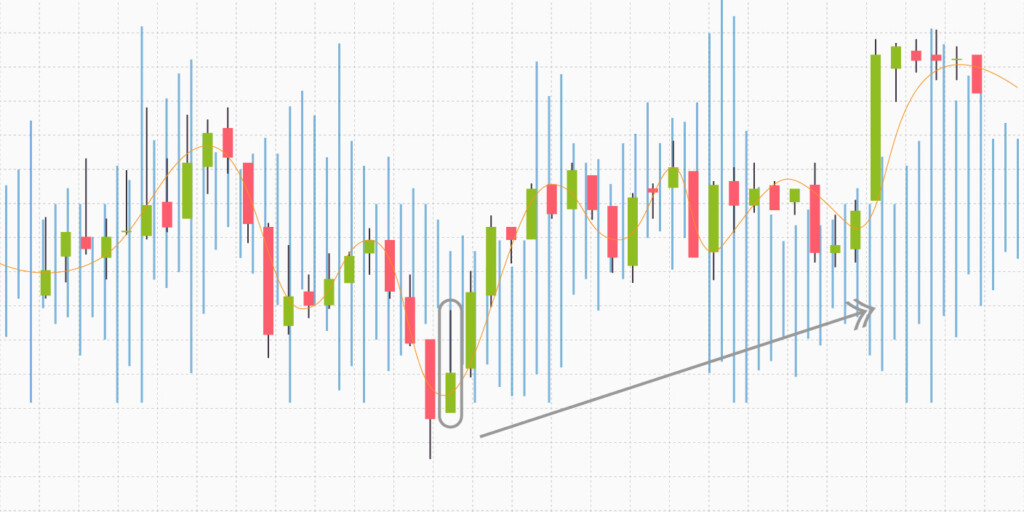
When it comes to trading, having the right information and tools at your disposal often makes the difference between quick and informed decisions and potential pitfalls. Here is a standard combination that should make you ready for trading:
- Online broker – Provides access to a range of financial instruments and helps you manage your trades
- Trading software – Allows you to execute trades quickly and efficiently
- Market-scanning software – Allows you to sift through mountains of data and pinpoint potential trades that fit your trading style and preferences.
- Market dashboard – Shows you the latest market news and trends at a glance
- Digital calculators – Help you calculate risk-to-reward ratios, position sizing, and other important metrics
If you know how to operate these tools, it’s a good sign that you may have a competitive edge in the market.
You have realistic expectations
Having realistic expectations is a good sign because it shows that you’re in it for the long haul. Some even say that a trading mindset is half the battle. It shows that you’re not looking to make a quick buck and then exit the market. Instead, you’re committed to the process of learning, growing, and becoming a better trader over time.
Sure, it can be easy to fall into the trap of thinking that making profits is effortless, with movies and TV shows portraying trading in a glamorous way. But the reality is that it’s a complex endeavor that rarely works without a realistic outlook. After all, you’re not relying on luck or insider information but rather on your knowledge and skills to make informed decisions.
Is it possible to be truly ready for trading?

It’s hard to say whether someone can ever be truly ready for trading. You can’t deny that trading involves many variables that are beyond an individual’s control. However, there are a few fundamentals that ensure you’re not approaching it utterly clueless, and you’ve read about some of these fundamentals above.
Another thing that prepares you for a better trading experience is emotional intelligence and discipline. This will help you remain calm and objective in the face of market volatility instead of succumbing to fear, greed, or other emotions. You’ll also be on a better track if you have a clear set of rules and guidelines for your trading strategy.
Ultimately, being “ready” for trading is a subjective measure. As an aspiring trader, you need to determine your own level of preparedness based on your knowledge, skills, and risk tolerance.
Sources:
Technical analysis – a beginner’s guide, Corporate Finance Institute
Guide to 6 day trading tools (plus important skills), Indeed
What is risk management and why is it important? TechTarget
